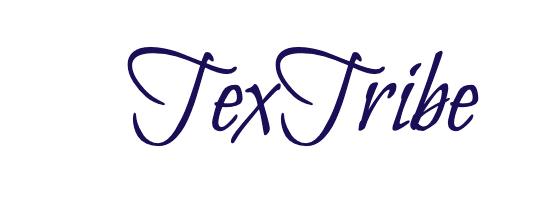In the exploration of language and its nuanced differences, the terms coarse and course stand as excellent examples of how similar spelling can lead to confusion, despite distinct meanings. Both words play unique roles in English grammar; coarse is an adjective that describes the texture or quality of an object, indicating roughness or lack of fineness. Course, on the other hand, can be a noun or a verb, with meanings ranging from the path or direction something follows, to the act of pursuing a specific line of action or study.
Quick Facts Table
| Aspect | Coarse | Course |
|---|---|---|
| Part of Speech | Adjective | Noun, Verb |
| Definition | Describing a rough or crude texture or quality. | The path or direction followed by something; a series of lectures or lessons in a particular subject. |
| Usage in Sentence | The sandpaper was too coarse for the finishing touches. | The river changed its course after the heavy rains. |
Difference Between “Coarse” and “Course”
Definition of Coarse
Coarse is an adjective used to describe something that is rough, crude, or textured. It often refers to materials or surfaces that are not smooth or fine, but it can also describe roughness in terms of behavior or language, implying a lack of refinement or sophistication.
Definition of Course
Course has a versatile role in the English language, functioning both as a noun and a verb. As a noun, it often describes the trajectory or path an object or person follows. It also refers to a series of lectures or lessons on a particular subject. As a verb, course means to move swiftly or to flow, often used in reference to liquids.
Origin of Coarse
The word coarse has its roots in Middle English, derived from the word “cors” which meant ordinary or common. This reflects its association with things that are rough or unrefined.
Origin of Course
Course originates from the Latin word “cursus,” meaning a running or race. This background highlights its association with movement and progression, whether it be physical, educational, or natural.
Pronunciation
- Coarse is pronounced as /kɔːrs/, with a single syllable that rhymes with “force.”
- Course is pronounced as /kɔːrs/ as well, sharing the same pronunciation but differing in context and meaning.
Comparing Coarse and Course
The primary difference between coarse and course lies in their application and meaning. While coarse exclusively describes the quality of being rough or crude, course is dynamic, relating to direction, education, or movement. The subtle distinction in their usage underscores the richness of the English language and its capacity for nuanced expression.
Comparison Table
| Feature | Coarse | Course |
|---|---|---|
| Application | Texture or quality | Path, direction, education, or flow |
| Usage Example | Coarse fabric | Water finding its course |
| Associated Ideas | Roughness, lack of refinement | Progression, direction, education |
Usage in Sentences with Explanations
Use of Coarse in Sentences
- The coarse texture of the burlap sack was uncomfortable against her skin.
- Chefs prefer coarse salt for its texture and flavor enhancement in cooking.
- Coarse language is not appropriate in formal settings.
- The coarse wool sweater was durable but scratchy.
- Gardening requires coarse soil for better drainage and aeration.
Use of Course in Sentences
- The golf course was renowned for its challenging holes and beautiful scenery.
- The university offers a course in Medieval History that is very popular.
- The river’s course was altered to prevent flooding in the nearby towns.
- After the appetizer, the main course was served promptly.
- The project course required careful planning and execution.
Conclusion
Understanding the differences between coarse and course not only enriches one’s vocabulary but also sharpens linguistic precision. While coarse describes roughness or crudeness, course encompasses direction, movement, and education, illustrating the diversity and richness of English.
Commonly Asked Questions
- What is the difference between “coarse” and “course”?
- Coarse refers to roughness in texture or quality, whereas course relates to direction, path, or a series of lectures.
- Can “coarse” and “course” be used interchangeably?
- No, because they have different meanings and contexts.
- How can I remember the difference between “coarse” and “course”?
- Associate coarse with rough texture, like sandpaper, and course with direction or education, like a river’s path or a school course.

